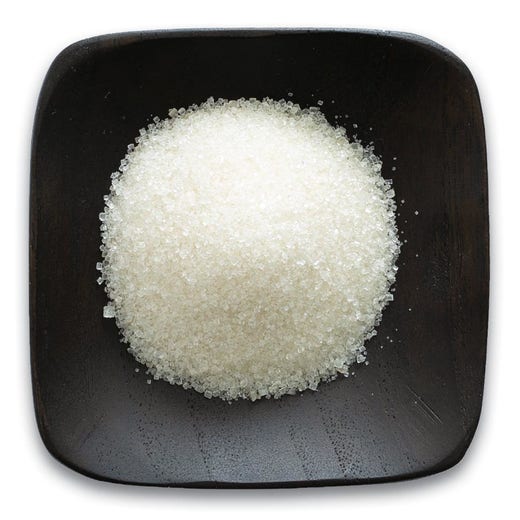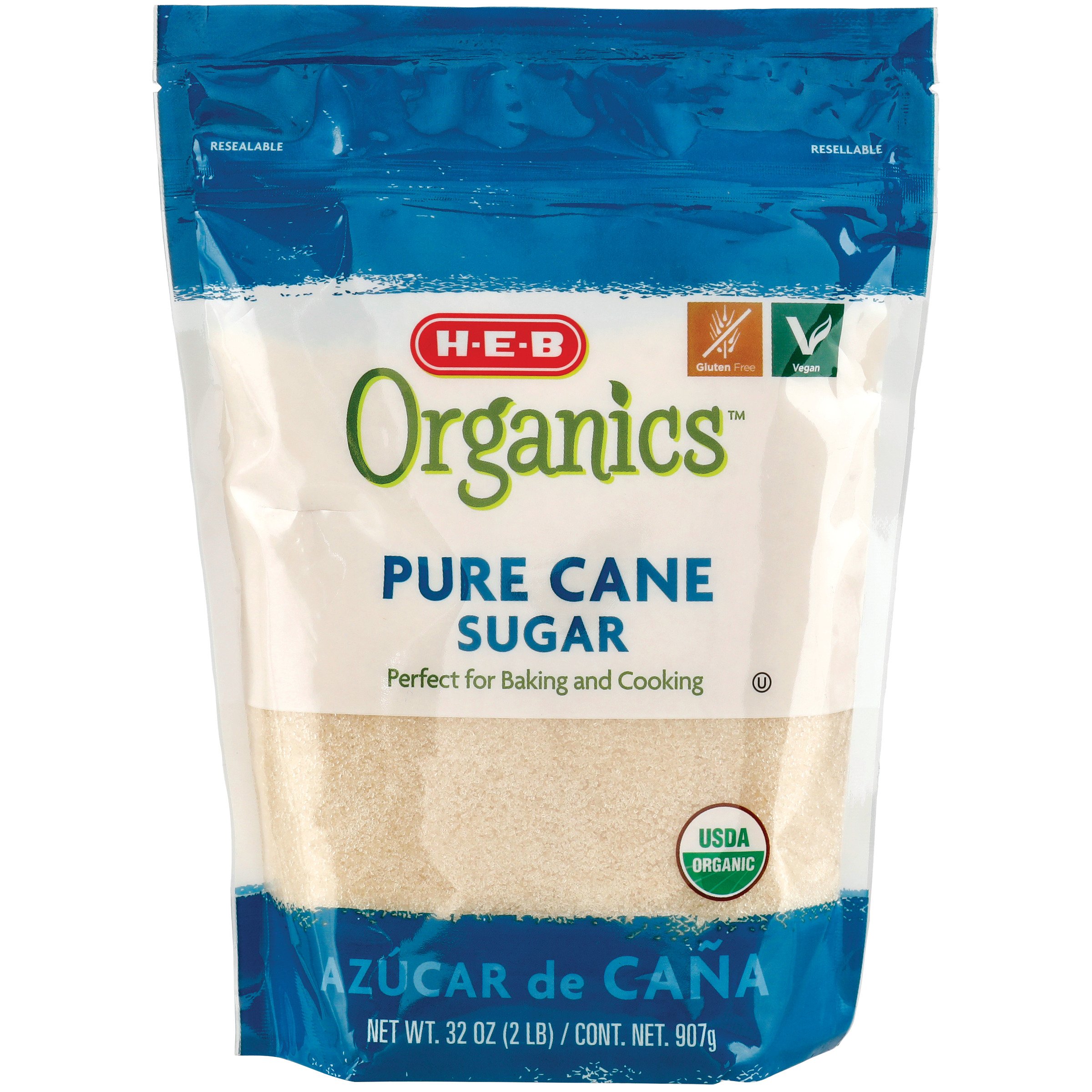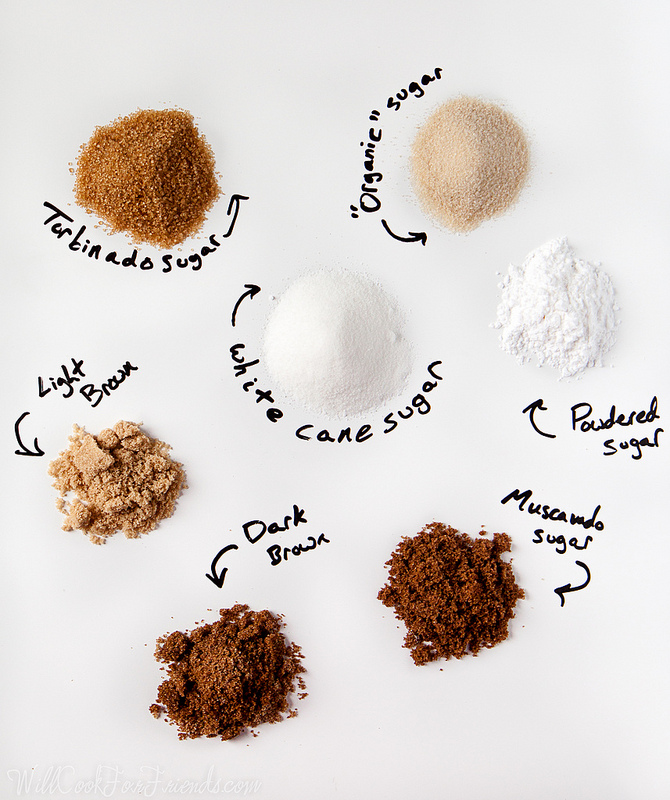Discovering Eco-Friendly Cane Sugar Processing Chemicals
Discovering Eco-Friendly Cane Sugar Processing Chemicals
Blog Article
Navigating Regulatory Compliance and Sustainability With Cutting-Edge Walking Stick Sugar Processing Chemicals in the Chemical Export Sector

Regulatory Landscape Overview
In the world of walking cane sugar handling chemicals within the chemical export sector, recognizing the regulative landscape is extremely important for ensuring compliance and lasting operations. Governing bodies such as the Epa (EPA) and the Food and Medication Management (FDA) play a crucial role in overseeing the manufacturing, import, and export of these chemicals. Compliance with regulations set forth by these bodies is not only a legal demand however also important for maintaining public wellness and ecological safety and security criteria.
Regulative frameworks governing walking cane sugar handling chemicals incorporate a variety of aspects, consisting of labeling needs, permissible levels of certain materials, and guidelines for safe handling and disposal. For chemical merchants, this indicates adhering to strict paperwork processes, quality assurance steps, and periodic audits to demonstrate adherence to these regulations.

Sustainable Walking Cane Sugar Chemical Innovations

One famous location of technology is the growth of environmentally friendly chemicals that decrease water and energy consumption during the sugar handling phases. By applying these lasting options, firms can reduce their carbon footprint while preserving high levels of productivity. In addition, advancements in naturally degradable chemicals are acquiring traction, offering a much more eco pleasant option to conventional processing representatives.
Moreover, the combination of eco-friendly energy sources in the production process is becoming extra common, additional enhancing the sustainability account of walking cane sugar processing. By embracing these lasting cane sugar chemical advancements, firms can not only satisfy regulatory needs however also demonstrate a commitment to ecological duty in the chemical export industry.
Conformity Challenges in Exporting Chemicals
Browsing governing structures positions significant obstacles for chemical exporters, needing precise focus to compliance requirements and international legislations. Exporting chemicals involves adherence to an intricate internet of regulations that differ from country to country. One of the key compliance difficulties faced by chemical exporters is guaranteeing that the items meet the certain governing requirements of the importing nation. This includes acquiring the essential licenses, qualifications, and paperwork to show the security and legitimacy of the chemicals being exported.
Additionally, chemical exporters should stay abreast of continuously evolving policies and standards associated to chemical handling, production, and transportation. Failing to abide by these laws can lead to severe consequences, consisting of penalties, lawsuit, and reputational damages. In addition, navigating trade constraints, assents, and export control laws includes another layer of intricacy to the compliance landscape for chemical merchants.
To mitigate these obstacles, chemical exporters have to buy robust conformity programs, perform regular audits, and involve with governing authorities to guarantee a thorough understanding of the applicable regulations and regulations. By focusing on conformity and staying proactive in addressing regulatory challenges, chemical exporters can browse the complexities of global trade efficiently.
Environmental Influence of Cane Sugar Processing
The ecological ramifications of cane sugar handling are an essential facet calling for thorough exam in the chemical export market. Walking stick sugar processing can have significant ecological influences at numerous stages of production. Among the key problems is the generation of big volumes of wastewater containing natural issue, put on hold solids, and chemicals utilized in the processing plants. This wastewater, otherwise appropriately dealt with, can contaminate water bodies, injury water life, and deteriorate overall water high quality. Additionally, the burning of sugarcane fields before collecting, a typical method in some areas, releases hazardous air contaminants and greenhouse gases into the environment, adding to air high quality problems and environment adjustment.
Moreover, the extensive usage of pesticides and fertilizers in sugarcane farming can bring about dirt destruction, water contamination, and harm to non-target organisms. It is essential for chemical exporters associated with the walking cane sugar processing sector to execute sustainable practices, buy advanced wastewater treatment technologies, advertise liable agricultural approaches, and abide by rigid environmental policies to decrease the unfavorable ecological effect of their operations.
Future Trends in Sustainability Practices
What cutting-edge techniques are chemical exporters in the cane sugar processing market adopting to boost sustainability practices for the future? As the demand for sustainable methods remains to grow, chemical merchants are welcoming various patterns to ensure a greener future for the industry. One prominent fad is the see this shift in the direction of establishing and utilizing eco-friendly chemicals in the processing of walking cane sugar. These chemicals are developed to minimize ecological effect while maintaining high levels of performance in the manufacturing process.
One more crucial pattern is the implementation of innovative innovations such as automation and information analytics to optimize source usage and lower waste generation. By utilizing the power of information and automation, chemical exporters can enhance their operations, enhance power efficiency, and improve overall sustainability efficiency.
Furthermore, cooperations and collaborations with sustainability-focused organizations and stakeholders are coming to be progressively usual. By collaborating, chemical merchants can trade understanding, share finest techniques, and collectively drive development in the direction of more lasting walking cane sugar handling practices. Accepting these fads will not only profit the setting yet also make sure lasting success and competition in the industry.
Verdict
Finally, the chemical export market have to browse complex regulatory landscapes and sustainability challenges when processing walking cane sugar. Developments in walking stick sugar handling chemicals are critical to fulfilling conformity criteria and reducing ecological influence. As the sector proceeds to progress, it is necessary for business to adopt lasting techniques and remain in advance of future patterns to make sure lasting success.
In the world go to this website of walking cane sugar handling chemicals within the chemical export market, comprehending the regulative landscape is extremely important for ensuring compliance and lasting procedures.Checking out ingenious techniques in the advancement of sustainable cane sugar chemical options is crucial for progressing ecological stewardship in the chemical export market. Companies are increasingly investing in study and growth to produce cutting-edge cane sugar handling chemicals that not just guarantee high efficiency in sugar manufacturing however also adhere to rigorous sustainability requirements.
Additionally, chemical merchants need to stay abreast of constantly advancing guidelines and standards associated to chemical manufacturing, transportation, look these up and handling - Cane Sugar Processing Chemicals.The environmental ramifications of cane sugar handling are a vital aspect needing complete examination in the chemical export industry
Report this page